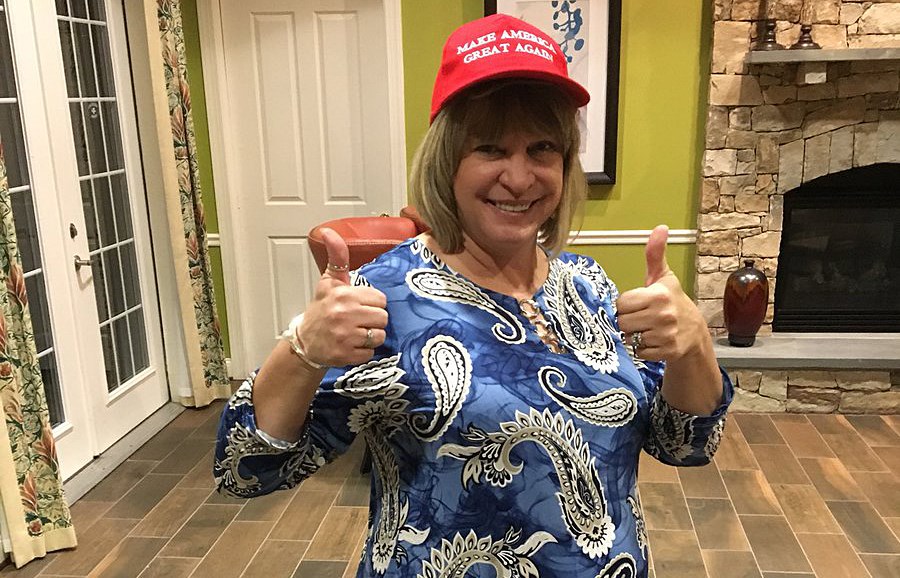Many people probably wondered whether the jurors in the Manafort trial would be able to set aside any question of how a verdict might affect Special Prosectuor Robert Mueller’s investigation. There was relatively little discussion of this, but all it would take was one strident Trump supporter on the jury to derail the jury’s deliberations, if that individual saw it as his/her duty to defend the President and his associates. Trump’s tweets during the trial in defense of Manafort may have been designed to activate this sense of duty.

Then, from NBC News comes a story suggesting that this jury managed to look past politics. One of the jurors was Paula Duncan, a believer in Trump’s plans to “Make America Great Again.” She came to the trial skeptical of Mueller’s investigation, but–the NBC News reporter concluded–
…she also had no doubt that Paul Manafort, once Trump’s campaign chairman, was guilty. She would have convicted him on all counts, she said, but she and 10 other jurors were stymied by a lone holdout. And no, she doesn’t believe that person, a woman, was a Trump supporter.
“I wanted Paul Manafort to be innocent,” Duncan said, “but he wasn’t.”
What makes this all the more remarkable is that even after this trial, Duncan believes that the Mueller investigation into potential collusion with Russia is a witch hunt designed to take down a good president. This, she knows, from her own experience.
“I as a voter, when I went out to check my boxes I didn’t see any Russian holding a gun to my head, so how could Russia have affected the campaign results,” said Duncan, who first spoke to Fox News.
Even so, she couldn’t deny the case against Manafort. The evidence of his tax evasion and other crimes was overwhelming. “In the end I did what we needed to be done,” she said. “I did the right thing.”
Like many jurors before her, she got on the trial by being coy about her political views. “I didn’t believe politics had any place in that courtroom,” Duncan said, “so I was somewhat vague in my answers. I knew I could be fair and impartial.”
That would appear to be an accurate self-assessment. And it’s one more example of how a deliberative institution, such as the jury, can place limits on our personal political biases when it comes to serving the interests of one’s community or nation.


